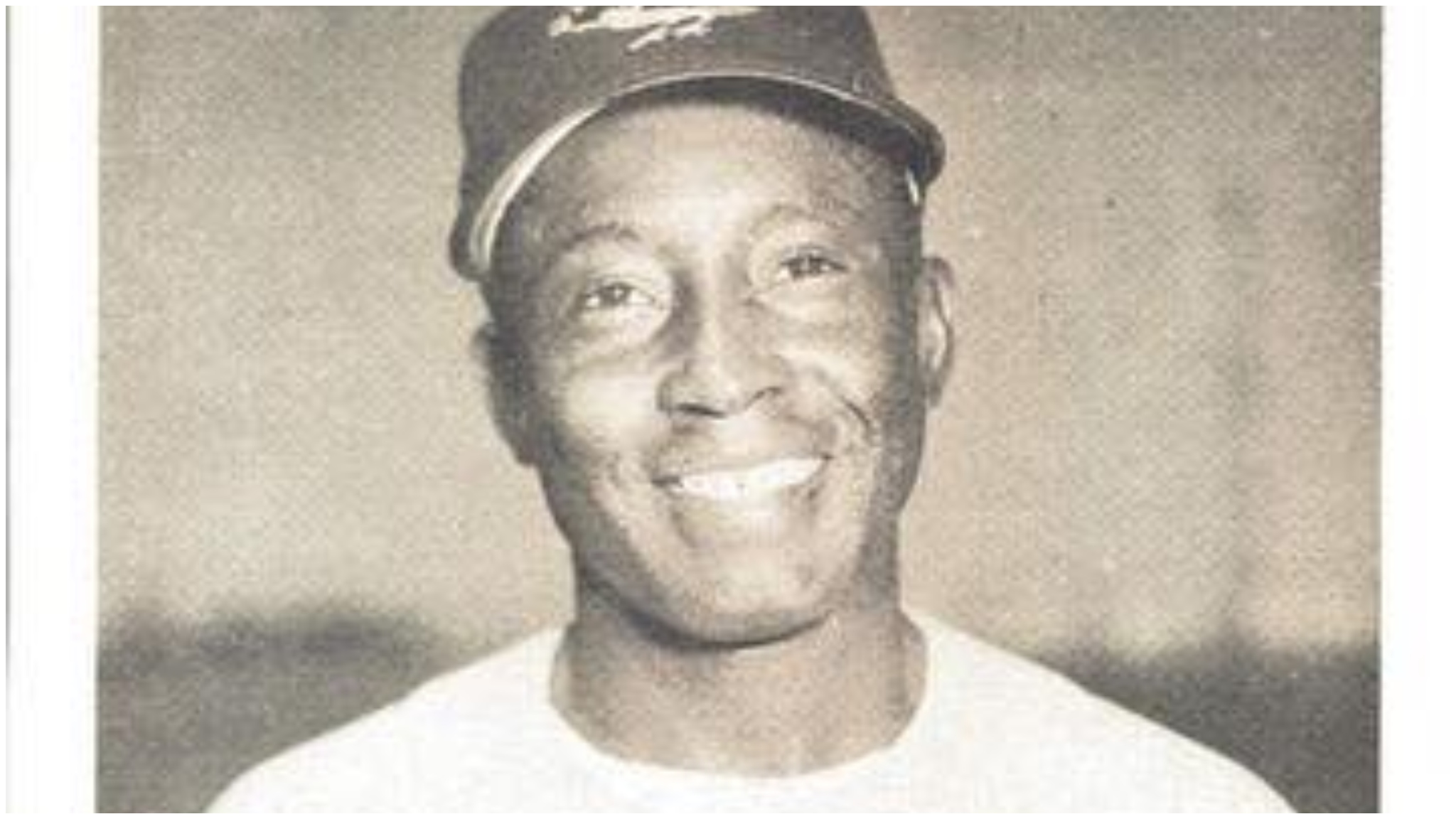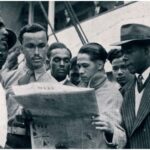Seventy-one years ago, a diminutive left-handed pitcher made history without fanfare. Jehosie Heard became the first Black player to appear in a Baltimore Orioles uniform when he took the mound on April 24, 1954. Standing just 5-foot-7 and weighing 155 pounds, Heard entered a game against the Chicago White Sox at Comiskey Park in relief.
The moment was broadcast nationally on ABC’s “Game of the Week,” yet received minimal attention in Baltimore. The Sun newspaper buried the racial significance, mentioning it only in the 11th paragraph of their game coverage. Despite this understated reception, Heard’s appearance marked a significant milestone in both Orioles and baseball history.
Negro Leagues Star Overcomes Barriers to Reach Major League Dream
Heard’s path to the majors reflected the challenging journey faced by Black athletes of his era. Born in Birmingham, Alabama, he dropped out of his segregated high school to help his single mother make ends meet. His baseball career began after he was introduced to the sport while serving in the Army during World War II.
After showing promise, Heard joined the Birmingham Black Barons in 1946. He spent five productive years pitching in the Negro leagues, developing an effective arsenal of off-speed pitches and a deceptive fastball. Despite his small stature, Heard’s pitching repertoire helped him pile up strikeouts against talented batters.
The St. Louis Browns reportedly spent $100,000 to purchase Heard’s contract in 1951. By then, Heard was already 30 years old, his career delayed by both war and racial prejudice. His best pitching years had likely passed before he even entered organized “white” baseball.
Historic Debut Comes as Orioles Transition to Baltimore
The Browns’ move from St. Louis to Baltimore in 1954 created an opportunity for Heard. The legendary Satchel Paige, who had been the Browns’ only Black player, departed during the transition. This left the team in need of left-handed pitching talent.
Heard impressed manager Jimmy Dykes during spring training in Yuma, Arizona. The Orioles posted a 12-5 record in the Cactus League with Heard as the only Black player in camp. His performance earned him a spot on the opening day roster when the season began.
Team leadership had additional motivations beyond Heard’s pitching abilities. According to historical reporting, Orioles ownership wanted to integrate their club rather than join teams still excluding Black players. They specifically sought someone with the temperament to handle potential hostility, and the quiet Heard seemed right for this challenging role.
Professional Performance Marks Historical Moment on National TV
On that April afternoon in Chicago, manager Dykes called Heard from the bullpen with his team trailing 10-0 in the sixth inning. The chilly day had drawn fewer than 10,000 fans to the stadium. However, a national television audience witnessed the historic appearance through ABC’s broadcast.
Heard performed admirably in his major league debut. He retired all four batters he faced before handing the ball to teammate Martin Stuart. His clean performance represented a bright spot in what ended as a 14-4 defeat for the struggling Orioles.
Just weeks after Heard’s debut, on May 17, 1954, the United States Supreme Court issued its unanimous ruling in Brown v. Board of Education. This landmark decision effectively ended legal segregation, creating a backdrop of social change during Heard’s brief major league career.
Brief Major League Career Ends After Second Appearance
Despite his successful first outing, Heard didn’t pitch again for more than a month. His second appearance came on May 28th at Memorial Stadium against the same White Sox team. Though he pitched a scoreless fifth inning, the sixth proved disastrous as he allowed six hits, three walks, and five runs.
Just one week later, the Orioles sent Heard back to their Portland minor league affiliate. While team officials claimed the demotion was performance-based, the Baltimore Afro-American reported another possible reason. According to the Society of American Baseball Research, Heard’s neighbors had reported a domestic disturbance involving broken furniture and blood smears.
These two appearances would constitute Heard’s entire major league career. Later that season, Joe Durham joined the Orioles and became the team’s first Black position player. Durham also hit the first home run by a Black Oriole, continuing the gradual integration of the team.
Baseball Integration Proceeds Slowly in Baltimore and Beyond
The early 1950s saw only a trickle of Black players entering Major League Baseball. Though Jackie Robinson had broken the color barrier with the Brooklyn Dodgers in 1947, most teams limited or completely denied opportunities for Black players. Several teams – including the Yankees, Tigers, Phillies, and Red Sox – didn’t integrate until years after Heard’s Orioles debut.
Teams showed particular reluctance to use Black players in “thinking” positions like catcher and pitcher. This mirrored similar discrimination in football, where Black quarterbacks faced additional barriers. The Orioles of the late 1950s featured only a few Black players, including former Negro leagues star Connie Johnson and Bob Boyd.
Frank Robinson, acquired via trade in 1966, later noted that he became the Orioles’ first Black star. “I think the team was ready [for it] but I don’t know if the city was,” Robinson said. His wife faced housing discrimination from white landlords while seeking a family home during spring training – an issue requiring intervention from Orioles owner Jerry Hoffberger.
Heard’s Legacy Lives On Beyond Brief Major League Career
After his demotion from the Orioles, Heard continued pitching professionally for several years. He earned paychecks in minor leagues and winter ball into the late 1950s before retiring from professional baseball. He then returned to his hometown of Birmingham.
Back home, Heard found steady employment at a dye factory where he eventually became a supervisor. He maintained connections with friends from his baseball days and enjoyed fishing in his leisure time. Heard passed away in 1999, leaving behind a legacy as a baseball pioneer.
Though his major league career lasted just two games, Jehosie Heard’s place in baseball history remains significant. He integrated the Orioles franchise during a pivotal period in American history. His story represents both the progress and limitations of baseball’s integration in the 1950s – a complex legacy worth remembering today.





